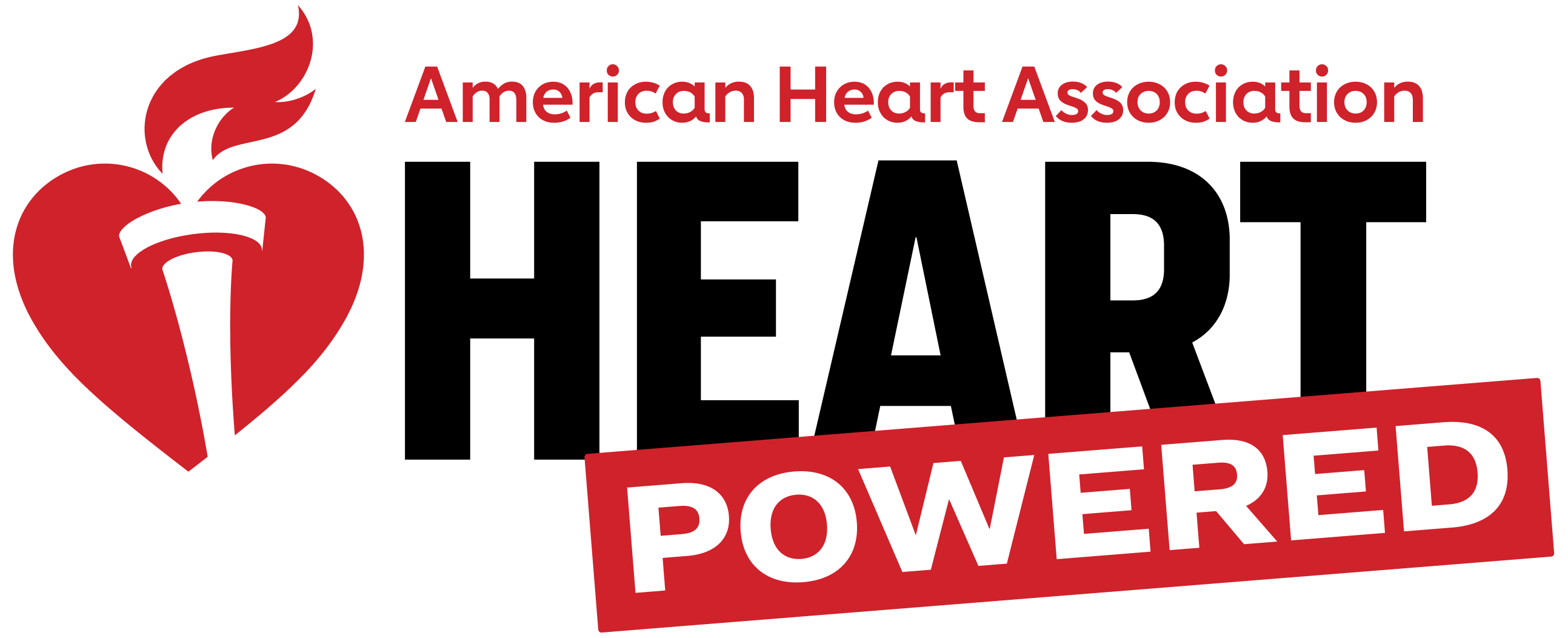
Advocating for North Carolina Hearts: Our 2026 Policy Priorities
In North Carolina, the American Heart Association is advancing policies that protect students, expand access to healthy food, and strengthen emergency response systems. Our 2025–2026 agenda reflects a commitment to equity, prevention, and community well-being.
Here’s what we’re advocating for this year:
Protecting Students with Cardiac Emergency Response Plans
We’re calling on lawmakers to require all public and charter schools to implement cardiac emergency response plans (CERPs), expand AED placement, and fund the effort with a $2 million appropriation. These lifesaving measures ensure schools are prepared to respond quickly and effectively in a cardiac emergency.
Training 911 Dispatchers in Telecommunicator CPR
Every minute matters in cardiac arrest. We’re advocating for statewide training in telecommunicator CPR (TCPR) for all 911 dispatchers who handle emergency medical calls—so they can guide callers through CPR until help arrives.
Raising the Tobacco Sales Age to 21
To protect youth from tobacco addiction, we support raising the minimum age of sale for tobacco products to 21, establishing licensure standards for retailers, and repealing laws that penalize youth for possession or use.
Expanding Access to Healthy Food
We’re urging the state to:
- Fully fund Double Up SNAP NC to provide matching dollars for SNAP recipients at farmers markets.
- Refund Eat Well North Carolina at $10 million over two years to support produce prescriptions for eligible patients through healthcare providers.
Ensuring Healthy School Meals
We believe every child deserves a healthy start to the day. That’s why we’re advocating for free breakfast for all public school students across North Carolina.
Preserving Medicaid Expansion
We’re committed to protecting access to care for North Carolinians by preserving Medicaid expansion and ensuring it continues to serve those who need it most.
Driving Local Change
Local governments are key partners in building healthier communities. This year, we’re supporting:
- Complete Streets certification in Greensboro and Charlotte to make roads safer and more livable.
- Smoke-free air ordinances in Raleigh, Durham, Cary, Chapel Hill, and Winston-Salem to prevent indoor smoking and vaping.
Together, these policies reflect our vision for a stronger, healthier North Carolina—where every resident has the opportunity to live a longer, healthier life.
